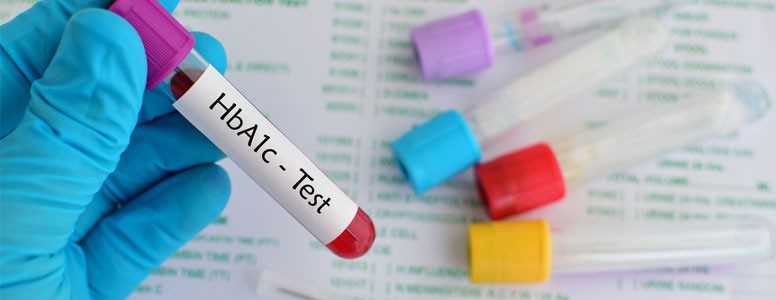A blood test used to diagnose diabetes may not be as accurate as it should be in people with sickle cell disease, research has suggested.
Sickle cells disease is the name for a group of genetic conditions that cause people to produce unusually shaped red blood cells. The condition is more common in people of African or Caribbean descent.
The HbA1c test provides a measurement of someone’s blood glucose control over a three-month period. In the US, a reading of 5.7% or over indicates that a person has prediabetes and a reading of 6.5% or more indicates diabetes.
In this new study, a link has been found between the sickle cell trait and lower HbA1c levels, which could indicate that diabetes diagnoses in some people of African descent may be missed.
Speaking to Reuters Health, lead author Mary Elizabeth Lacy from the Brown University School of Public Health in Providence, said: “We identified 40 per cent fewer cases of prediabetes and 48 per cent fewer cases of diabetes in individuals with sickle cell trait than in those without sickle cell trait.”
It is thought around 10 per cent of people with an African or Caribbean background have sickle cell disease, but people from Eastern Mediterranean and Middle Eastern backgrounds can also inherit it.
People develop sickle cell trait if one of their parents pass on the gene, which can lead to differences in red blood cells. If both parents pass on the sickle cell trait gene then the person develops sickle cell disease, for which the symptoms are more severe.
More than 4,600 African Americans were involved in this study, 367 of whom had the sickle cell trait. The research team found HbA1c levels were 0.3 per cent lower in the participants who had the trait when compared to those who did not, despite having similar blood sugar levels.
The lower HbA1c levels experienced by people with sickle cell trait could lead to doctors underestimating the risk of prediabetes or diabetes and could lead to delayed diagnoses.
The authors said: “As a screening tool, an HbA1c value that systematically underestimates long-term glucose levels may result in a missed opportunity for intervention.
“Because black people typically have a higher prevalence of diabetes and experience a number of diabetic complications at higher rates than white people, the cost of inaccurately assessing risk and treatment response is high.
“These findings were based on one method of HbA1c measurement. While it is approved for use in those with sickle cell trait, we are unable to say whether our findings are due to assay interference or a biological phenomenon in those with sickle cell trait.”
The study was published online in JAMA.
What's new on the forum? ⭐️
Get our free newsletters
Stay up to date with the latest news, research and breakthroughs.



